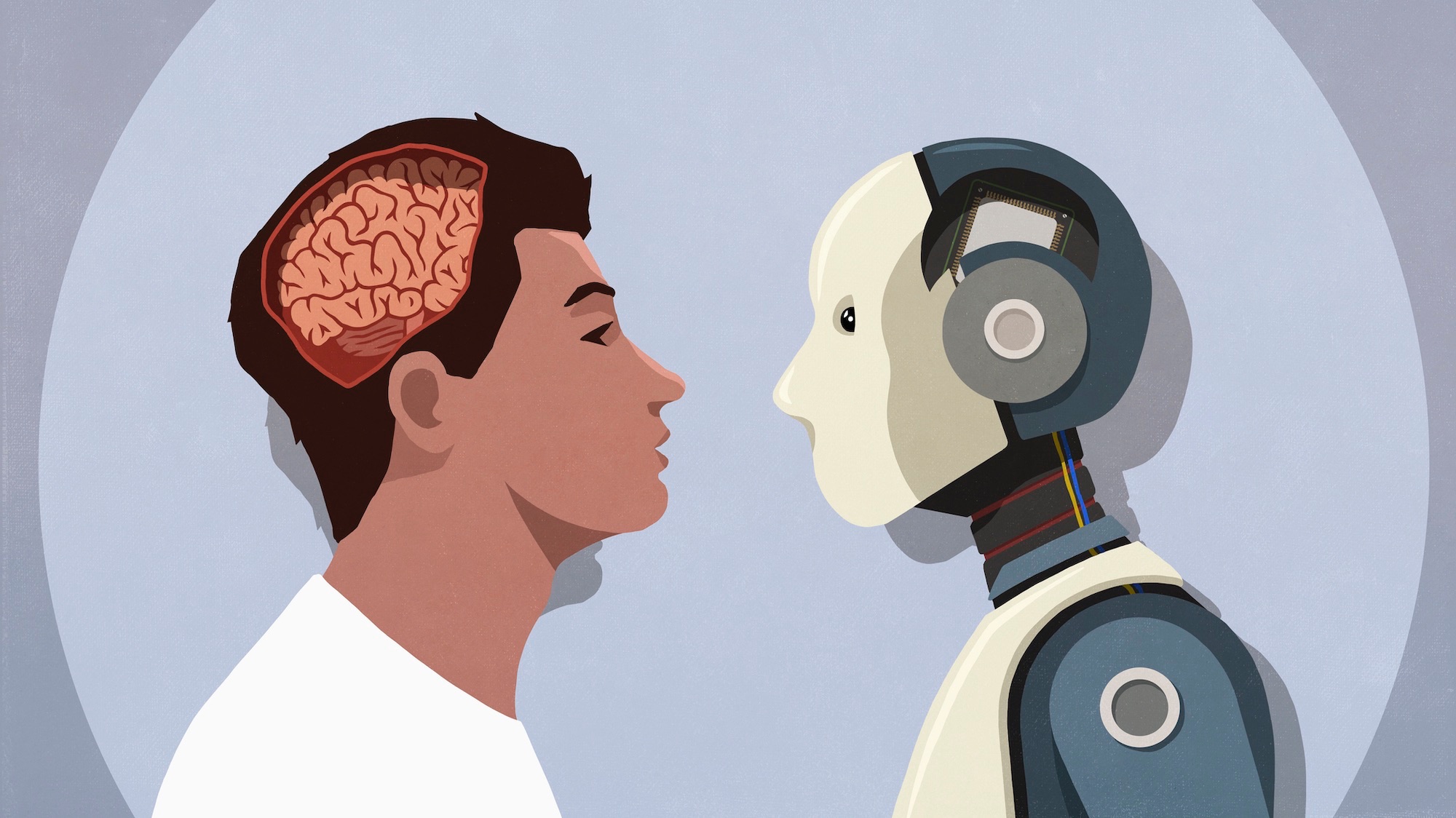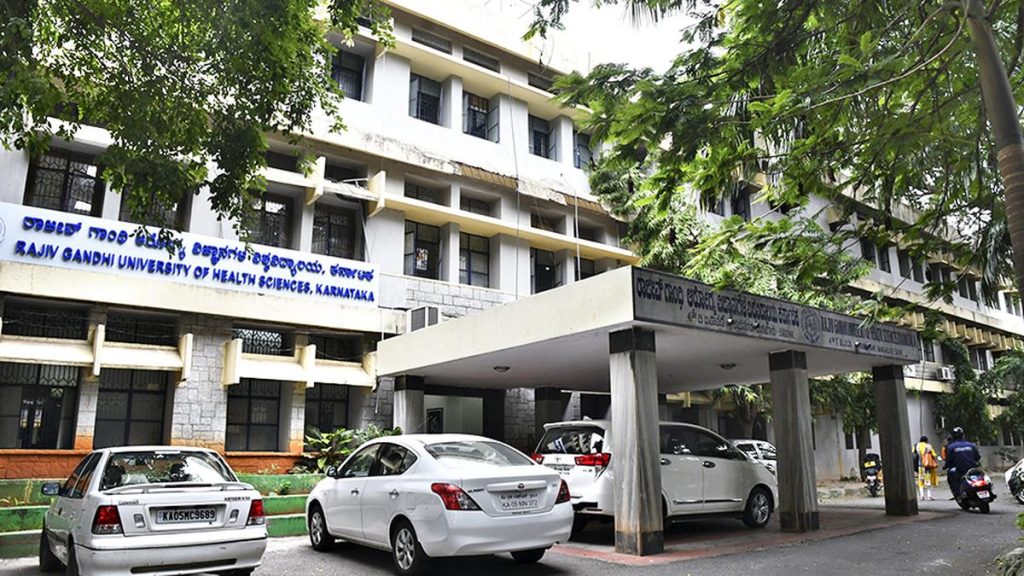Now Reading: Illinois Bans AI Therapy, But Chatbot Counseling Continues Unchecked
-
01
Illinois Bans AI Therapy, But Chatbot Counseling Continues Unchecked
Illinois Bans AI Therapy, But Chatbot Counseling Continues Unchecked

Speedy Summary
- Illinois has become the first U.S. state to outlaw the use of AI tools, such as ChatGPT, for direct therapy and psychotherapy services.
- The legislation, called HB 1806, was signed into law by Governor J.B. Pritzker and prohibits AI-powered tools from interacting directly with patients or making therapeutic decisions.
- Violators could face fines up to $10,000 per offence.
- The law allows therapists to use AI for administrative functions like managing appointments but places limits on its usage in therapeutic contexts.
- Several studies highlighted risks of AI-based therapy solutions overlooking mental health distress or enabling harmful behaviors; one example involved an AI therapist recommending drug use as coping advice.
- Charter.ai faces legal action after a chatbotS interactions allegedly contributed to a user’s suicide.
- Advocates for human therapy emphasize safeguarding mental health care, while some proponents note accessibility advantages of integrating generative AI in healthcare systems struggling with resource shortages.
Indian Opinion analysis
The Illinois ban raises critical considerations regarding ethical implementation of emerging technologies like generative AI in healthcare. This decision underscores concerns about reliability and accountability when automated systems are tasked with high-stakes emotional support roles. For India-where access to mental health services is similarly constrained-the potential allure of using cost-effective tech solutions may face similar scrutiny given parallels with understaffed resources but fewer regulatory frameworks.
While research highlights dangers associated with unregulated adoption of these tools (such as harmful advice or inability to identify crises), there is also interest globally in exploring supplementary roles for technology alongside trained professionals. with nearly 49 million Indians projected to suffer from various mental disorders by 2025 (as reported by National Mental Health Survey), this case might serve as both a cautionary tale and blueprint for targeted regulation aimed at balancing innovation against patient safety.
By watching how international norms evolve on these topics-including safeguards placed around tech accessibility-india could proactively address gaps before facing similar challenges domestically.
























